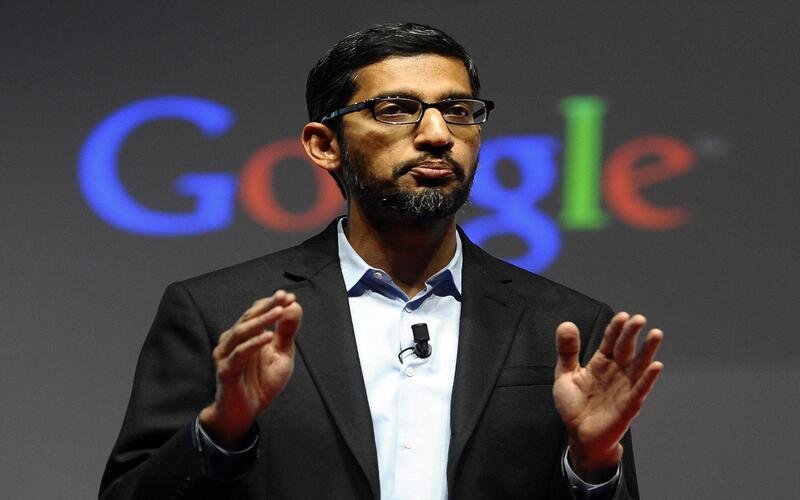On Wednesday, a tribunal court in India overturned four of the ten instructions in an antitrust lawsuit relating to Google’s misuse of its dominant position in Android, including allowing third-party app shops in the Play Store and prohibiting user removal of pre-installed applications.
The National Company Law Appellate Tribunal upheld the Competition Commission of India’s $161 million penalty against Google, stating it was “not in breach of the norms of natural justice,” but gave the Android maker some relief.
Google’s largest user market is India. Counterpoint says 97% of the country’s 600 million handsets run Android. The watchdog ordered Google to undertake various business reforms that many analysts believed may bring down the company’s worldwide operations.
Google promised $10 billion in South Asia in 2020. In addition, it invested $5.5 billion in Jio Platforms and Airtel.
The CCI also ordered Google to allow OEMs, developers, and rivals access to Play Services APIs and side-loading. The NCLAT called these two trends “unsustainable.”
Google said the CCI’s ruling was “confirmation biased” and too close to the European Commission’s 2018 verdict. The corporation also contended that Google’s smartphone market dominance did not indicate power abuse.
The CCI ordered Google to stop forcing smartphone makers to pre-install many Google applications. It also requested the freedom to delete Google applications, utilize third-party billing on Play Store, and change search engines.
Google appealed the ruling but agreed to some corporate adjustments. The business claimed that Indian smartphone suppliers might license individual apps for pre-installation on Android smartphones. In addition, the firm claimed Play Store customers might change search engines and utilize third-party billing for applications and games.

















































